MGT3003: Navigating Ethical Challenges in Organizational Change
VerifiedAdded on 2023/03/30
|7
|787
|137
Discussion Board Post
AI Summary
This discussion post addresses the role of ethics and responsibilities in managing organizational change, particularly in the context of an acquisition leading to restructuring and new management. It emphasizes the leader's responsibility to facilitate change smoothly, communicate effectively, and foster teamwork, drawing on Kurt Lewin's model for managing resistance. The importance of ethical conduct, respect, and transparency in leadership is highlighted, referencing the Burke-Litwin model to illustrate how leaders can influence organizational culture and ethical climate. The post further explores how leaders can align with ethical practices, establish codes of conduct, and act as role models to create a culture of integrity. It contrasts ethical, sustainable growth with the pitfalls of unethical shortcuts, referencing Collins' work on companies that achieve lasting success through persistent, ethical efforts. The discussion underscores the need for leaders to carefully analyze the impact of their decisions, considering potential harm and benefits, and aligning actions with moral values. Desklib provides access to solved assignments and study resources for students.
1 out of 7
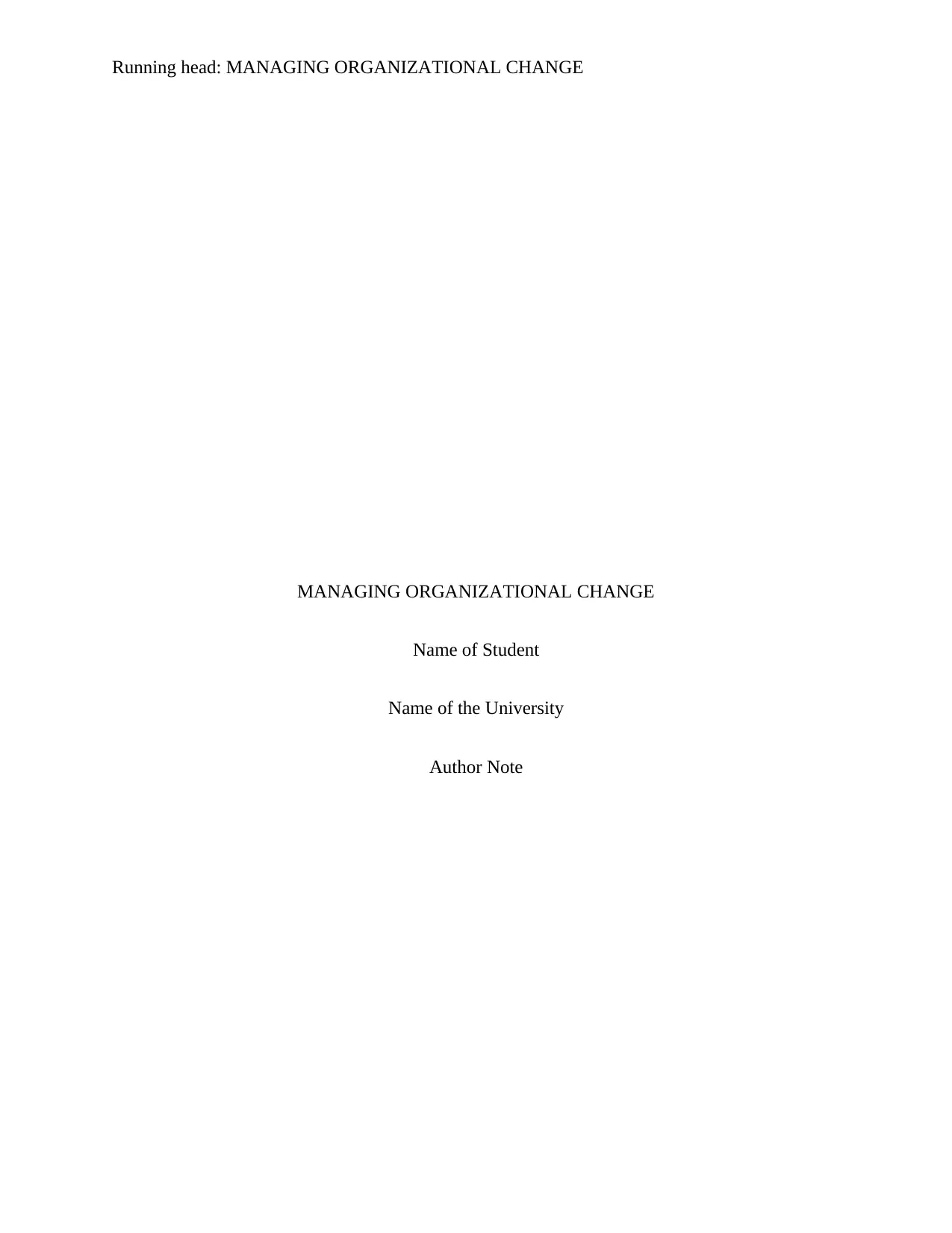
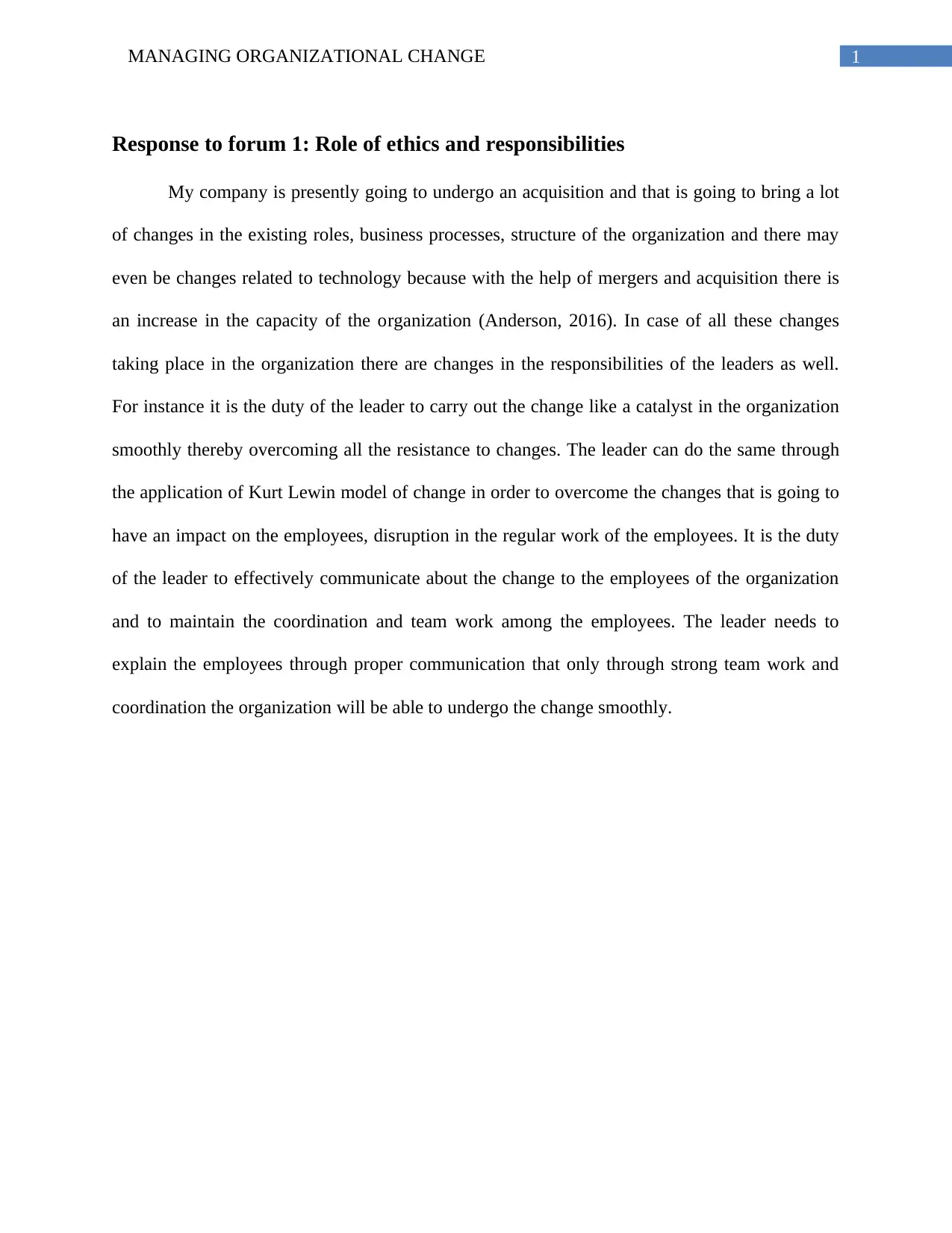
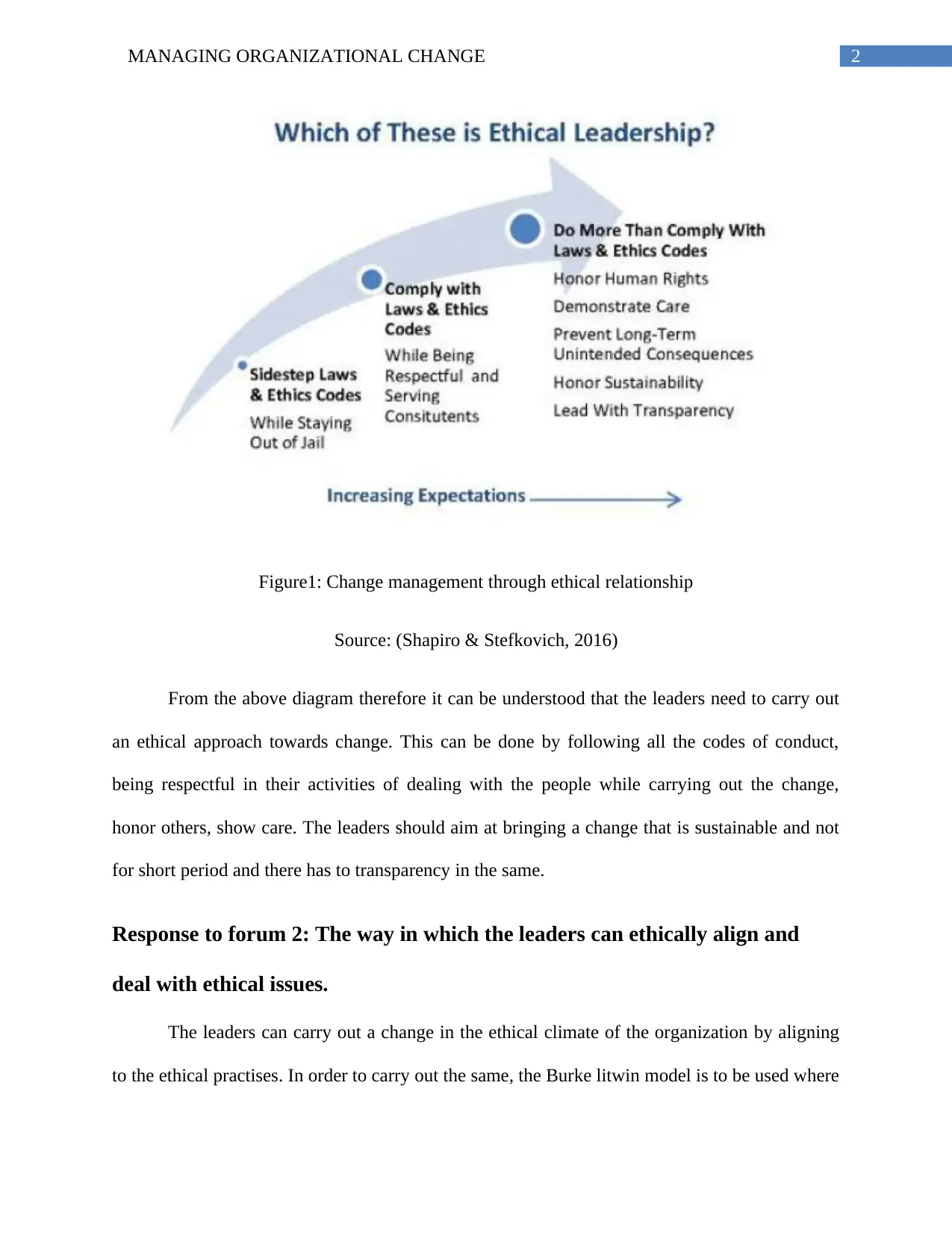

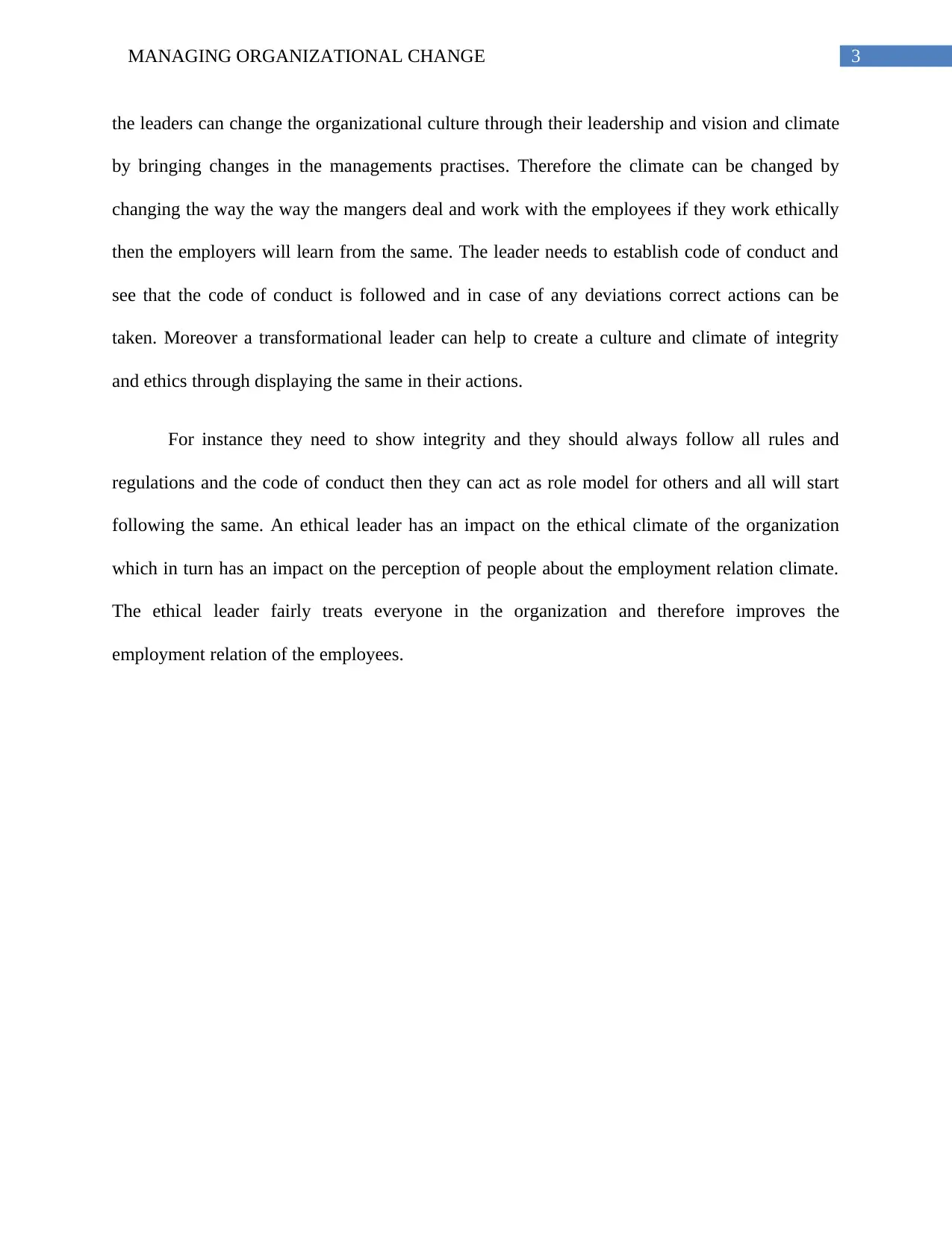
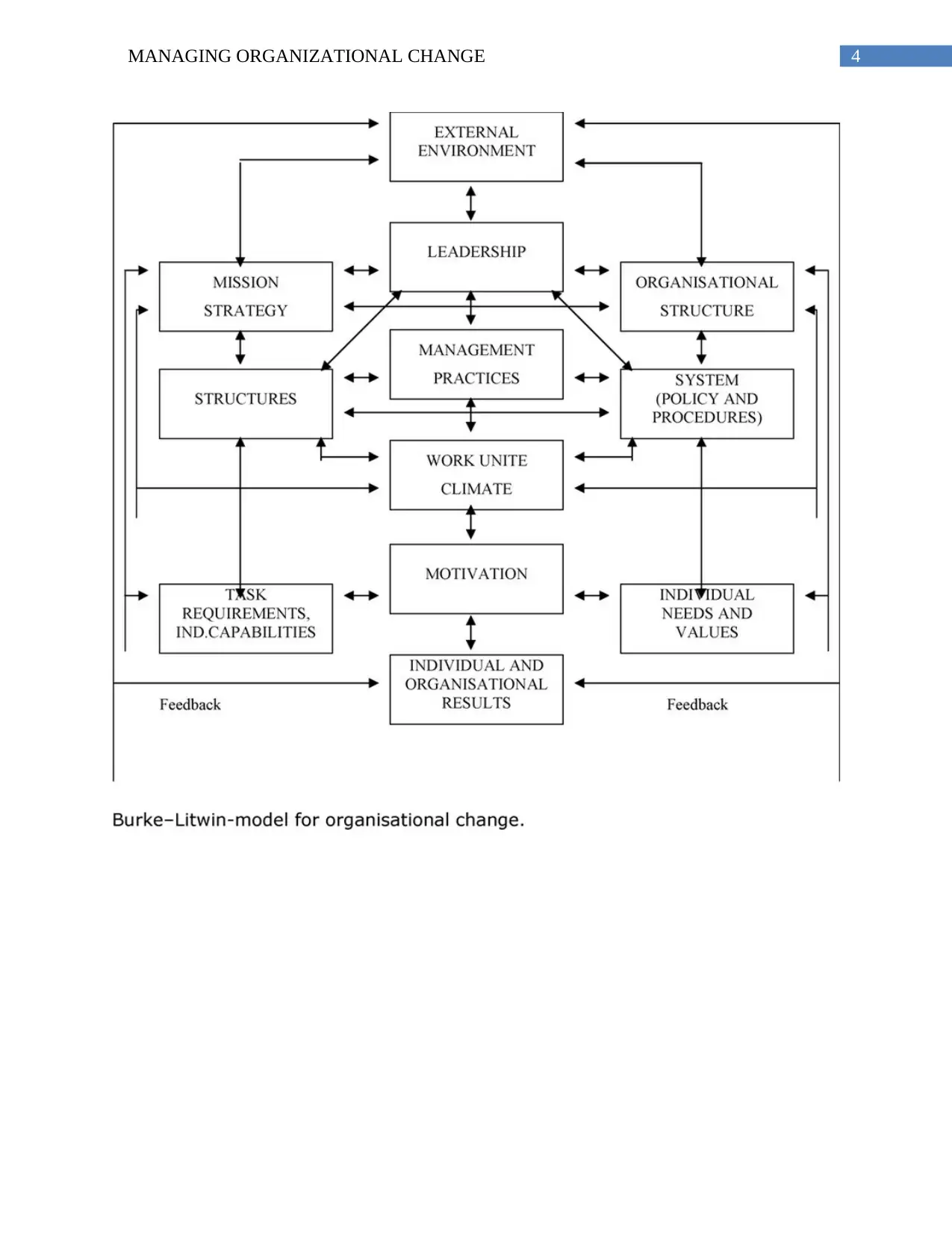
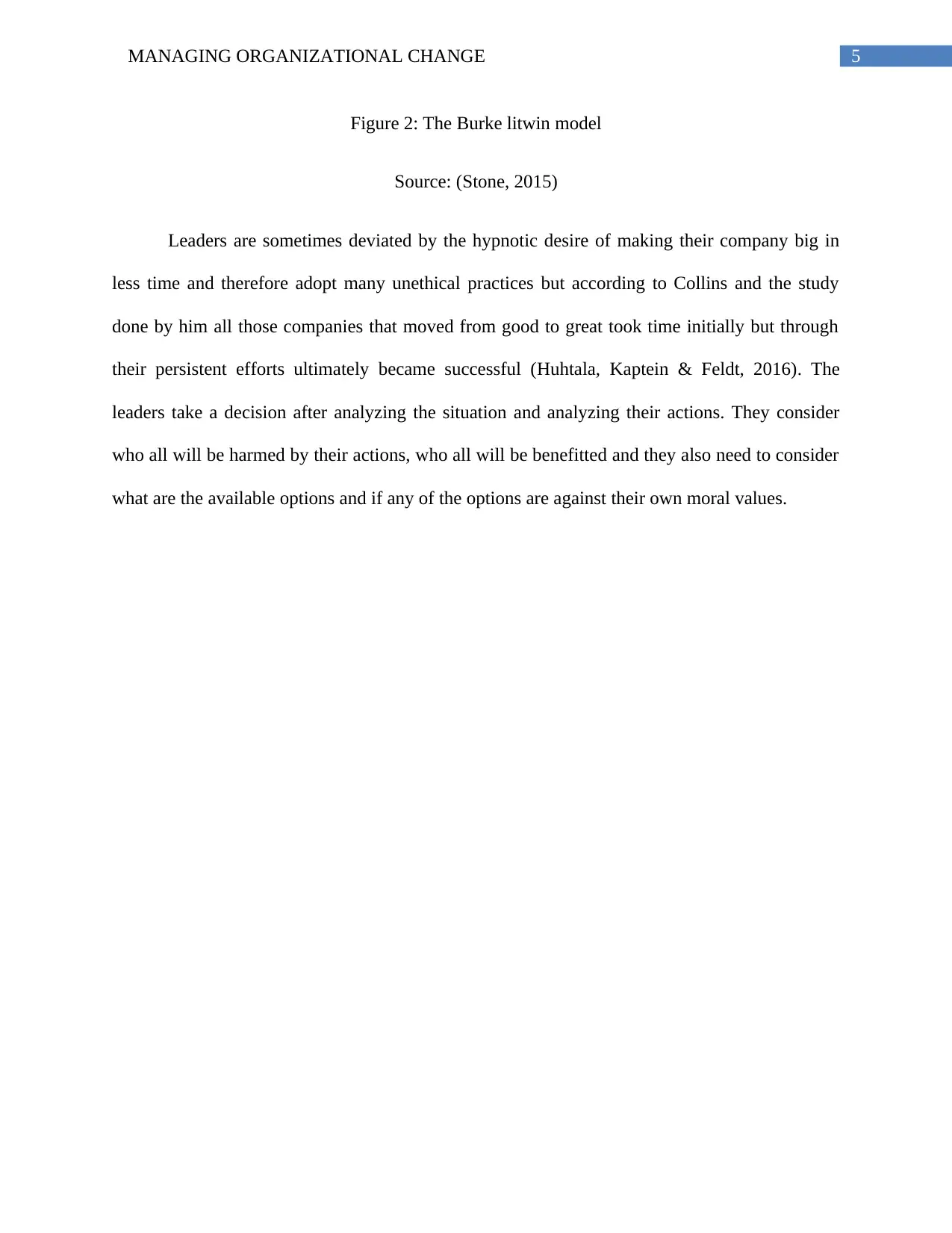
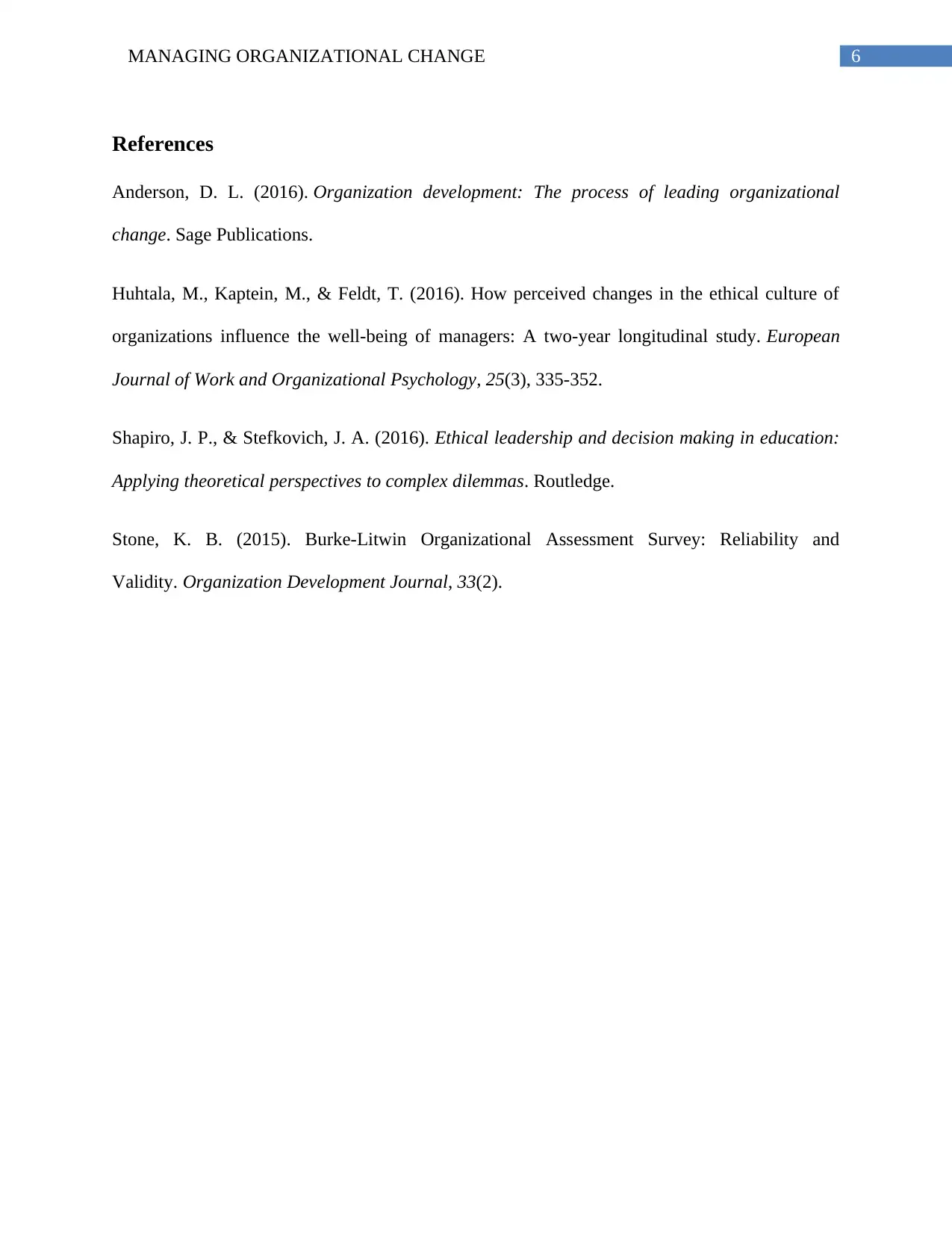





![[object Object]](/_next/static/media/star-bottom.7253800d.svg)